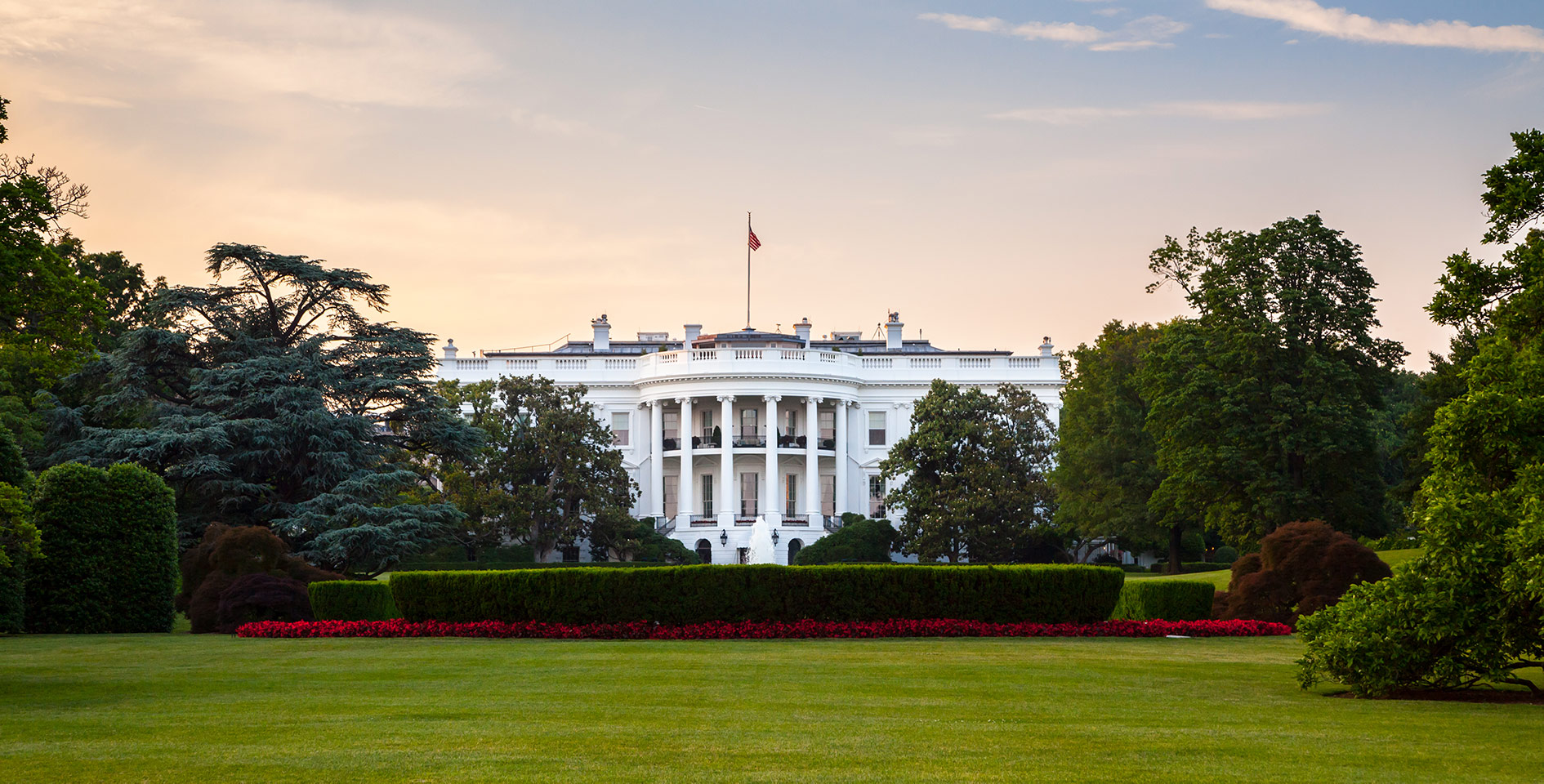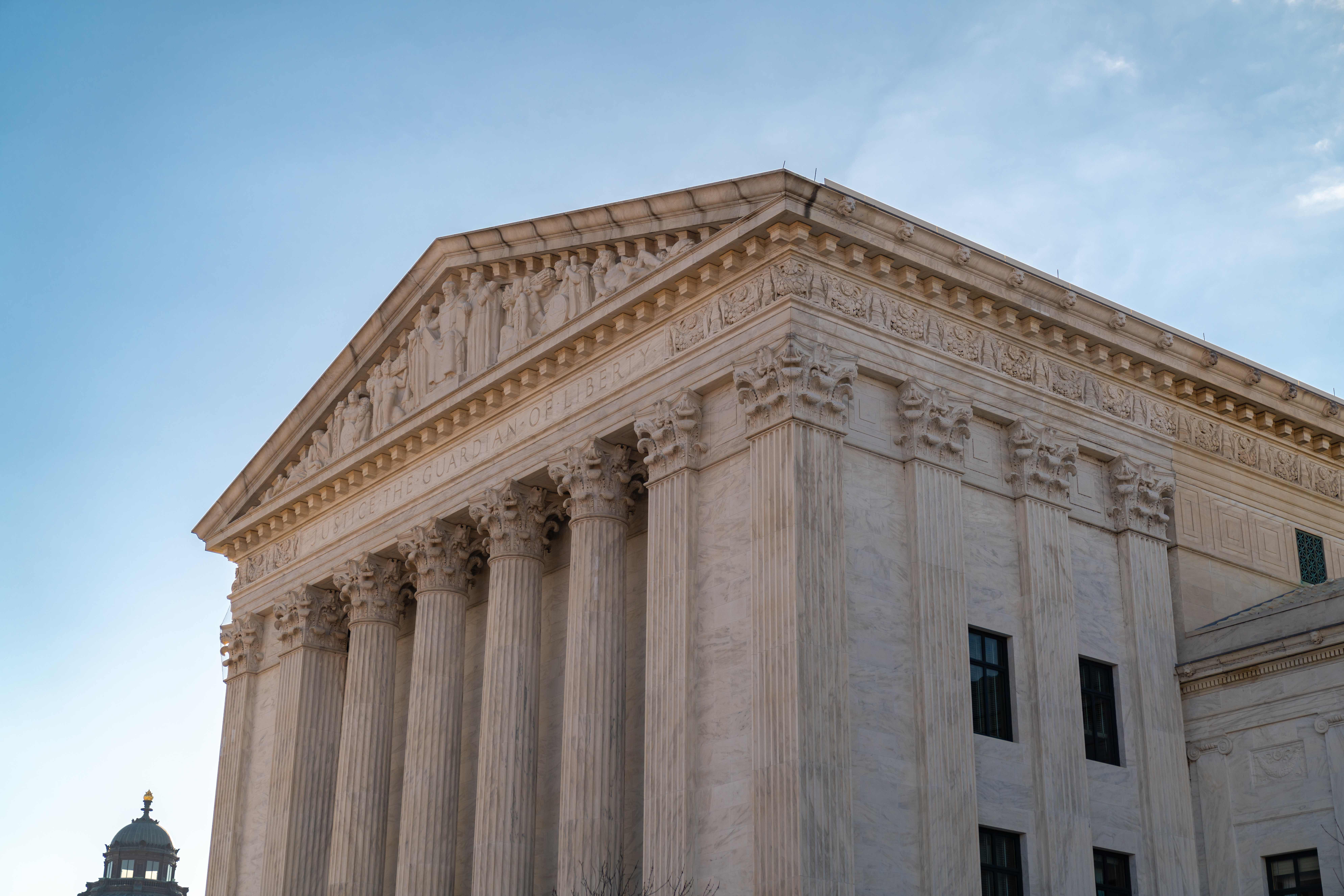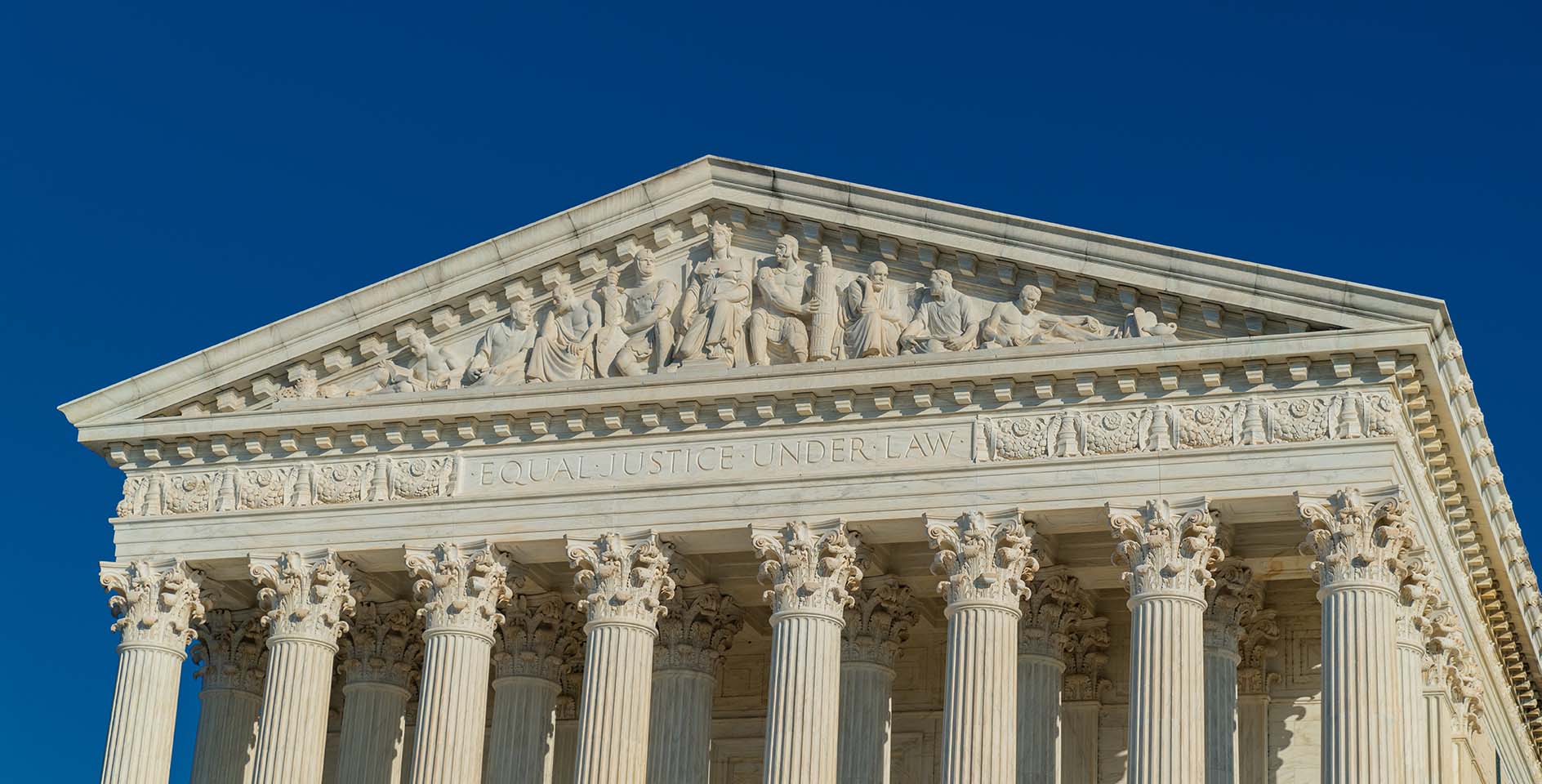WASHINGTON, D.C., Sept. 9, 2020—A coalition of national student ministries and religious freedom advocates commended the new final rule from the U.S. Department of Education today that ensures federal protection for the First Amendment rights of free religious exercise and assembly for students on public college and university campuses.
The Ethics & Religious Liberty Commission of the Southern Baptist Convention, Christian Legal Society, The Navigators, the National Association of Evangelicals, and InterVarsity Christian Fellowship have long advocated for the necessity for these regulations to protect the Constitutional rights of students. Today, they are partnered together to publicly support the significance of these protections.
ERLC President Russell Moore, responded to these new regulations:
“A shared commitment to certain core beliefs is fundamental to the very purpose of a Christian student group. This new regulation recognizes that. The freedom of students to hold such beliefs is not a malleable aspect of their assembly that is up for debate by college administrators. The state has no authority to determine the qualifications of a religious group’s membership or leadership. A government allowed to impede the consciences of college students is a government that can do so anywhere.”
In addition to Moore, other coalition leaders commented on the new regulations.
Gary Cantwell, The Navigators: “A university campus should be a place where students are free to explore new ideas, perspectives and worldviews. With this guidance, the Department of Education provides for a diversity of thought and spiritual expression on campus that will help students as they prepare for an increasingly complex world.”
David Nammo, Christian Legal Society: “Christian Legal Society welcomes this common-sense protection for religious student groups’ right to choose leaders who share their religious beliefs and mission. For nearly forty years, religious students have been discriminated against because of their religious beliefs and speech. This new protection will deter future discrimination against religious students.”
Walter Kim, National Association of Evangelicals: “The right to assemble together based on religiously informed beliefs is foundational to a tolerant and truly pluralistic society. This right includes the ability to choose leaders who support the distinctive religious tenets of our groups.”
Greg Jao, InterVarsity Christian Fellowship: “This regulation was unfortunately necessary because some universities would give official recognition only to certain faith-based groups, while rejecting others. What made the student groups who were denied recognition different? They expected their student leaders to agree with their religious beliefs. The recognized groups did not. Universities should welcome all religious groups equally, in order to encourage tolerance, pluralism and religious diversity.”
The Department of Education regulations are available here.
Mark Gauthier, Cru: “We applaud this decision which provides the option for every student on campus to equally participate in the life of the academy. We look forward to the continued opportunity of helping students explore and nurture a relationship with Jesus Christ and to take their next steps with Him.”







